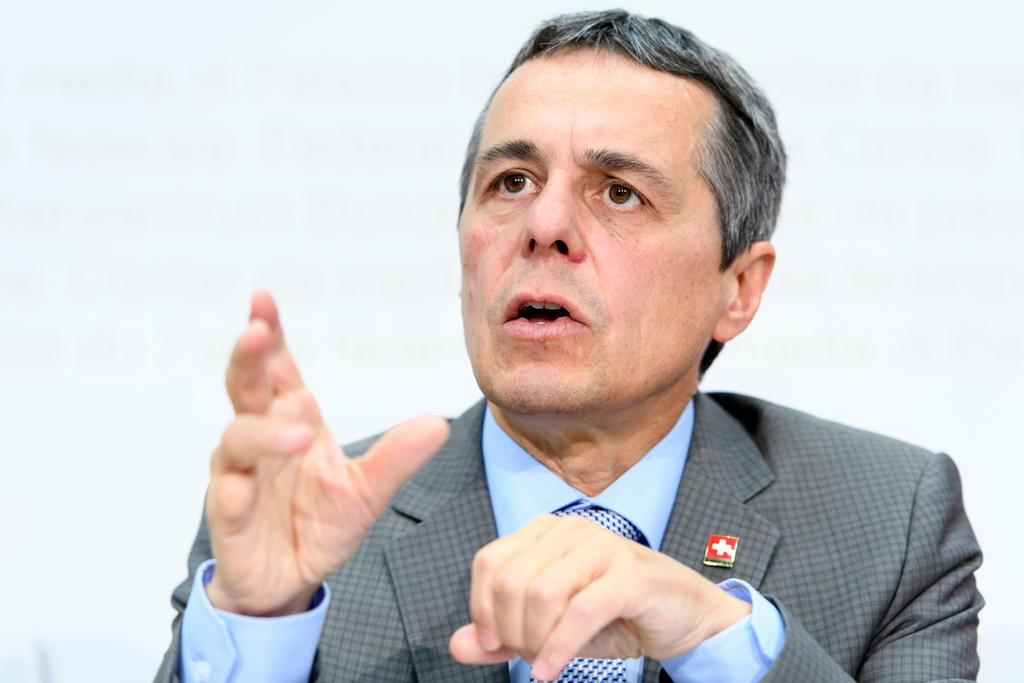
Russia summons Swiss ambassador over spying claim

Yves Rossier, Switzerland’s ambassador to Moscow, has been summoned by the Russian foreign ministry for an explanation over “unfounded accusations” that Russian spies tried to hack a Swiss laboratory related to the Skripal case as well as the World Anti-Doping Agency.
Rossier was told that such “confrontational rhetoric” could damage his country’s relations with Russia, the Russian foreign ministry said. The Dutch ambassador was also summoned, concerning a “campaign to fan the obsession with spying”.
Switzerland this week demanded that Russia cease spying activities on its territory after two suspected espionage cases came to light.
On Monday, Foreign Affairs Minister Ignazio Cassis said the level of espionage being conducted by Russia was “beyond the usual level of activity”, and that he would discuss the issue with his Russian counterpart Sergey Lavrov next week.

More
Russian spying ‘beyond normal levels’, says Swiss foreign minister
In recent weeks, Cassis confirmed, the Swiss foreign affairs ministry had refused to grant accreditation to several Russian diplomats. Reports over the weekend claimed that every fourth Russian diplomat in Switzerland was a spy.
The ministry also said it had summoned the Russian ambassador on Sunday to demand an “immediate end to spy activities on Swiss territory”. The Russian embassy has dismissed the allegations.
Attempted cyberattack
On Friday, the Swiss Federal Intelligence ServicesExternal link (FIS) confirmed another news report that in March two Russian agents had been arrested in the Netherlands and expelled after a joint operation by Britain, the Netherlands and Switzerland.
Citing unnamed sources, Swiss and Dutch papers said the suspected agents were on route for the Spiez laboratory near Bern, which analyses chemical and biological weapons, including the nerve agent Novichok, the same that Britain says Russia used to try to murder former Russian spy Sergei Skripal in Salisbury in March.
The two Russian agents were arrested in the Netherlands and deported to Russia, Dutch sources said.
They are also suspected of an attempted cyberattack against the World Anti-Doping Agency (WADA) in Lausanne, a Swiss official source said on Saturday. WADA suspended the Russian Anti-Doping Agency (RUSADA) in 2015 in connection with the scandal of the state doping system discovered in Russia.

More
Swiss probe Russians over alleged World Anti-Doping Agency hack

In compliance with the JTI standards
More: SWI swissinfo.ch certified by the Journalism Trust Initiative

























You can find an overview of ongoing debates with our journalists here . Please join us!
If you want to start a conversation about a topic raised in this article or want to report factual errors, email us at english@swissinfo.ch.